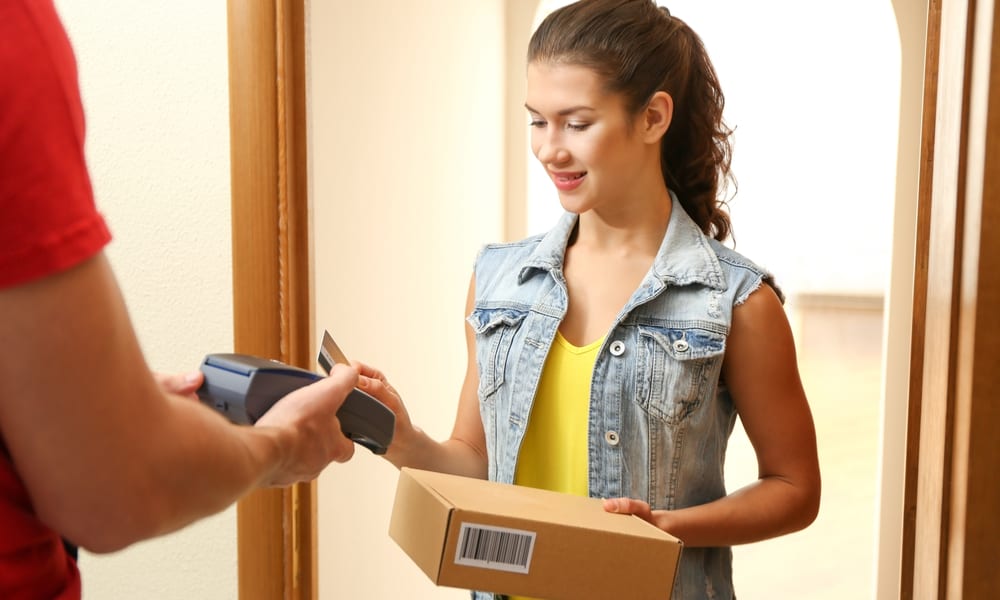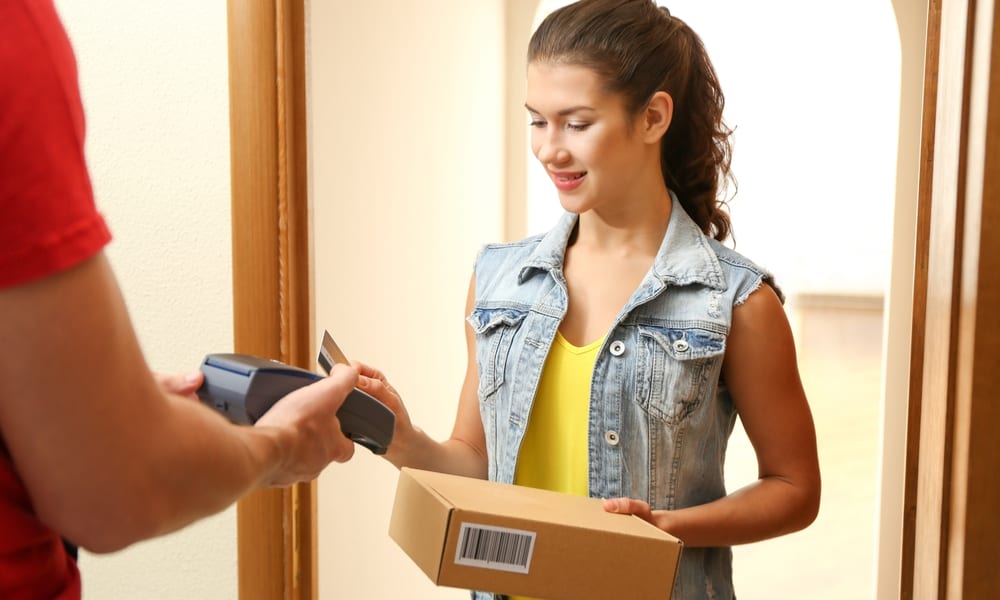
Regulators in Massachusetts have reached an agreement that would allow the home delivery of cannabis products in the state. If approved, the plan would also give communities affected by the War on Drugs an expedited path to representation in the state’s newly legal cannabis industry.
The state Cannabis Control Commission voted 4-1 on Friday to adopt a group of policies to implement the home delivery program. A final vote on the detailed regulations of the plan is expected from the commission next month, according to media reports.
If approved, the program would allow the home delivery of cannabis products throughout the state, except in the many municipalities that have banned retail pot sales. Purchases would be made from licensed retail dispensaries and delivered by independent businesses licensed by the state. Delivery companies would be allowed to serve multiple dispensaries and would be required to return any undelivered product to its source at the end of each day.
Diversity in Cannabis
In an effort to comply with a statutory requirement that Massachusetts create a diverse cannabis industry, for at least two years home delivery licenses would only be available to entrepreneurs participating the commission economic empowerment and social equity programs.
“Delivery is an important thing to do,” commission chairman Steve Hoffman said after Friday’s meeting. “I believe we’re ready. This is going to make it more accessible for consumers… and it’s a very important thing from a social equity standpoint, because of the lower barriers to entry in terms of the capital requirements.”
The state’s diversity programs fast-track licensing for businesses that are owned by, employ, or benefit members of communities subject to high rates of drug arrests. The social equity program will provide technical training to those who have been arrested for a drug crime or are closely related to someone who has, or come from a community with a high rate of drug arrests. The programs are mandated by state law to address decades of inequity in the enforcement of drug laws.
The two-year period of exclusivity would begin once the empowerment and social equity programs have been implemented. The commission would evaluate the program’s success after 24 months and then decide whether to open home delivery licenses to all applicants.
“I have a concern that if we do a flat 24 months that people aren’t able to get it done,” said Commissioner Kay Doyle.
Commissioner Shaleen Title said after the meeting that incorporating social and empowerment programs into the home delivery plan will help level the playing field for access to the state’s cannabis industry.
“Exclusive access to lower-cost licenses will allow prospective entrepreneurs who aren’t necessarily well-connected or privileged with unlimited resources to have a fair chance,” Title said.















